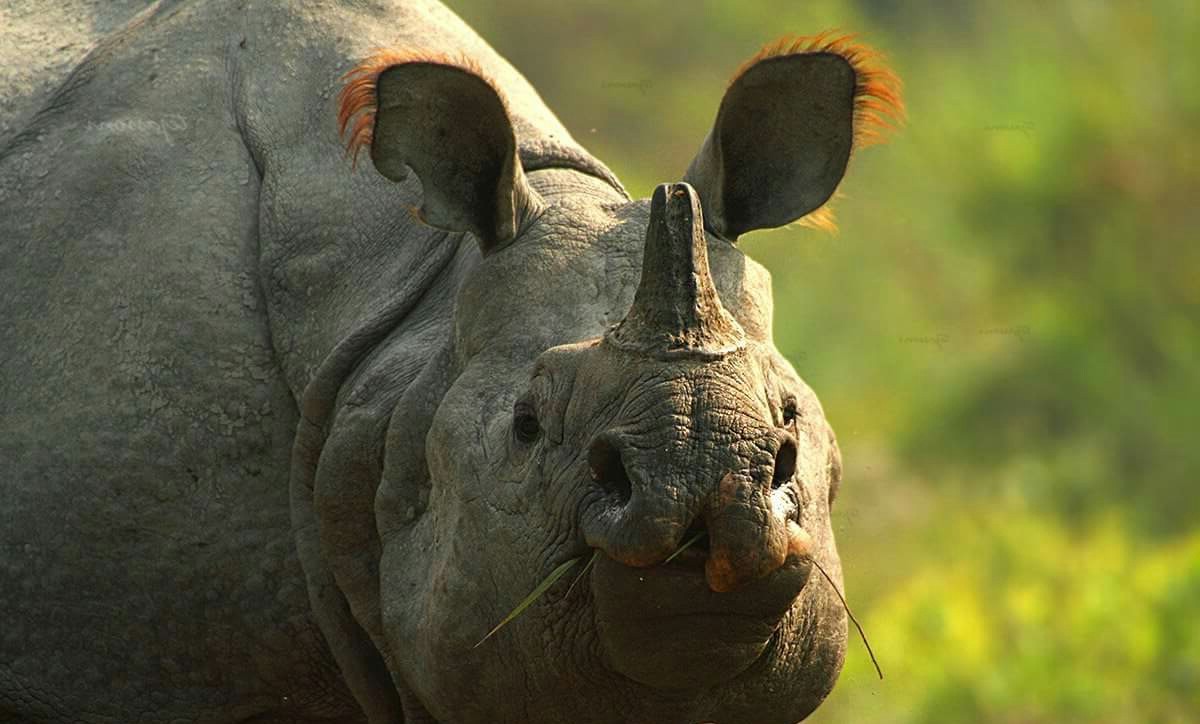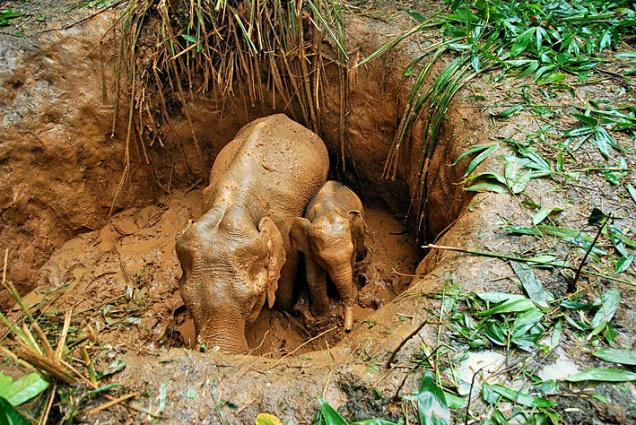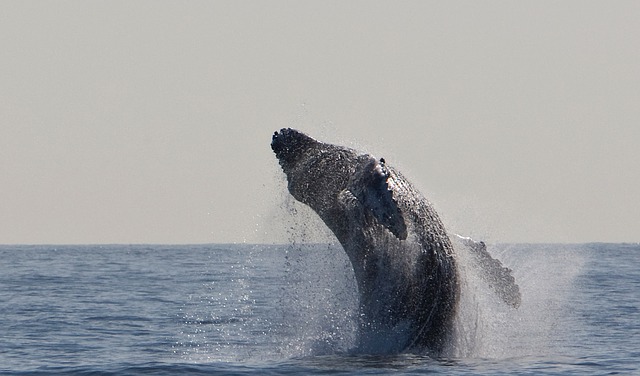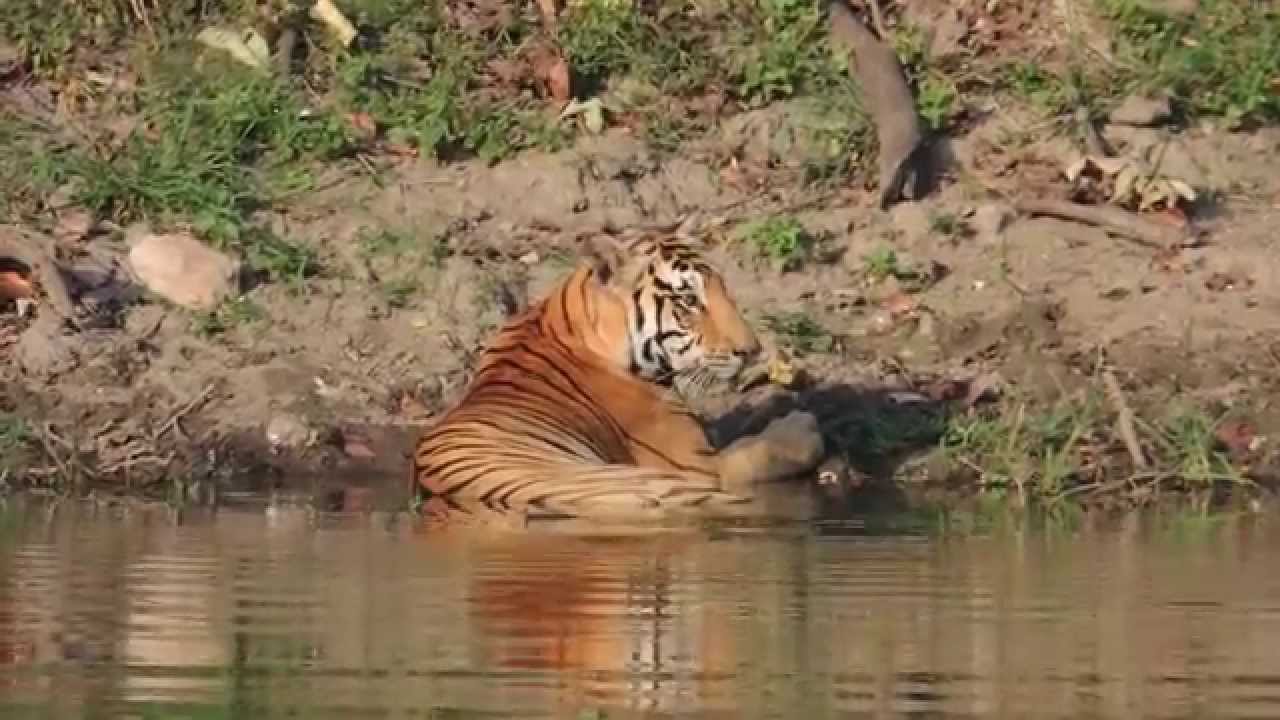About one in four species of herbivore or 25.5% of the planet’s plant-eaters are at risk of extinction according to a new study by the International Union of Conservation of Nature. The study was published this week in the journal Science Advances.
The study author Trisha Atwood of Utah State University added that by comparison 17.4% of carnivores and 15.8% of omnivores were at risk.
Also Read: Declining Population of Herbivores may leave the planet barren
The research is based on the data of 22,166 species of animals with backbones, their geographic locations, size, and habitat. In whichever criteria the researchers selected, herbivores like elephants, rhinos, deer and giraffes were found to be at most risk worldwide. This was especially true in forest ecosystems.
“The implications for this are huge,” Atwood said. “We need to think about herbivores as being kind of the poster child of extinction.”
For decades, conservation programs at the central level have highlighted the apex predator like the tiger, polar bear or lion. The move is said to be done to ensure that the entire ecosystem gets protected when the predator becomes the ambassador and conservation efforts trickle down to save all of the ecosystem and the animals living there.
But Atwood feels, the herbivores need independent conservation efforts too. Take the case of the male northern white rhinoceros which was extinct in the wild in 2018. Now scientists are trying hard to use donor embryos to save the species.
For the study the researchers took the probability and not specific numbers of species into consideration.
Extinction causes
The main causes for the herbivore extinction risks were,
Habitat loss
Invasive species
Climate Change
Atwood said herbivores are usually bigger in size, need to eat more, and require large areas to forage. With habitat loss, these areas are becoming smaller leading to less food and roaming area for the animals.









